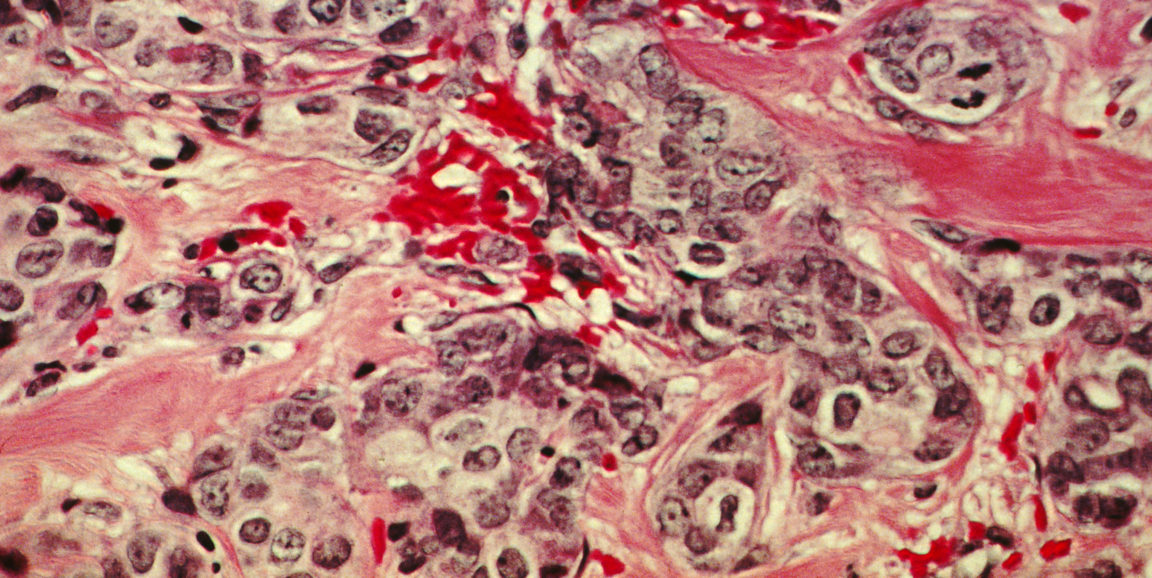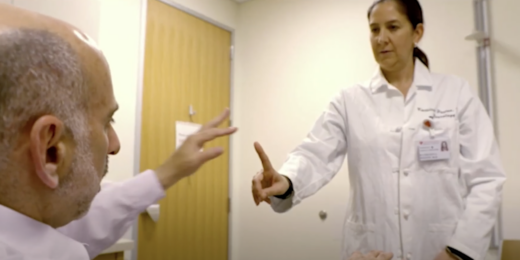It's not news any cancer patient really wants to hear. Cancer geneticist Christina Curtis, PhD, and postdoctoral researcher Zheng Hu, PhD, have found that in breast and lung cancer patients with metastatic disease, the seeds of metastasis were often planted well before the primary tumor was diagnosed.
What's more, treatments given to prevent recurrence after the primary tumor is removed -- a category of therapy called adjuvant treatments that includes chemotherapy, hormone and targeted drug therapies -- can end up promoting the growth of drug-resistant cells in the distant metastases.
Curtis and Hu published their results recently in Nature Genetics. The findings dovetail with their previous discovery that most colorectal cancers have metastasized before diagnosis. But although it may sound grim, the researchers emphasize that it's important to understand how cancers evolve in the body in order to develop new treatments to better combat recurrence.
As Curtis explained:
Metastatic tumors have been under-characterized, in part because it has been difficult to get matched samples of primary and metastatic tumors from patients. Ours is the largest study to date, and addresses a long-standing question in the field as to how metastasis happens. Our findings indicate that, quite frequently in lung and breast cancers, metastasis occurs two to four years before the primary tumor has been detected.
Curtis and Hu studied tissues from 136 people with breast and lung cancer from whom samples had been collected from both the primary tumor and subsequent metastases. They compared the cancer cells' genomes and identified any cancer-associated mutations or alterations, in an effort to understand more about how cancer cells evolve within an individual patient.
In particular, cancer geneticists have wondered about two possible scenarios. Are metastases seeded by cells that acquired mutations or genetic changes that made it easier for the cells to leave the primary tumor and enter the blood stream (so-called 'driver mutations')? Or are metastatic events more of a free-for-all, with cancer cells launching themselves willy-nilly throughout the body but only occasionally successfully colonizing a new location?
"We found that, during the natural history of cancer within a patient, the metastatic process appears to be more relaxed, with multiple events occurring early in tumor development," Curtis said. "However, adjuvant therapy given after surgical removal of the primary tumor can select for residual drug-resistant cells that grow out at metastatic sites."
Understanding how resistance to specific therapies occurs -- and whether combination treatment approaches or strategic drug dosing or timing can forestall recurrence -- is an active area of research that should contribute to improved outcomes, Curtis believes. Until then, she emphasizes that current treatments are still the best option. She told me:
Right now the good outweighs the bad. We know that chemotherapy after surgery can prevent or delay relapse. But our study shows that it will be crucial to understand the impact of different therapies on cancer cell genomes. It will also be important to understand factors that prevent metastasis, including the role of the patient's immune system.
Image of a histological slide of cancerous breast tissue by Dr. Cecil Fox, National Cancer Institute, National Institutes of Health






